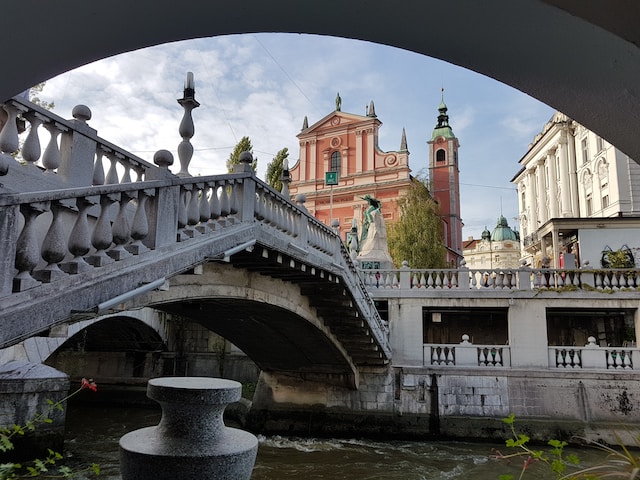Slovenia, a tiny but diversified European country, is home to a broad range of languages, including the official Slovene language as well as Italian, Hungarian, and Romani. Despite this linguistic diversity, linguistic difficulties remain a serious difficulty for both residents and outsiders. In this essay, we will look at linguistic challenges and resources for learning Slovenian.

These other articles might interest you:
Language barriers in Slovenia for expats
Language difficulties may be a big struggle for foreigners living in Slovenia. While many locals speak English, especially in major towns, it is not rare to come into circumstances in which English is neither spoken nor understood. This can make accessing services, communicating with locals, and navigating daily life challenging.
Furthermore, Slovenian is a complicated language with numerous grammatical rules and situations that non-native speakers may find difficult to master. This can be especially difficult for expats who are unfamiliar with or have had little exposure to Slavic.
Addressing these obstacles
The positive aspect is that there are several tools to assist expats in overcoming linguistic obstacles in Slovenia. Learning the local tongue is one of the most efficient strategies to overcome linguistic difficulties. While this may appear difficult at first, there are several tools available to assist expats in practicing the tongue.
Language instruction
Taking linguistic classes is one alternative. There are several linguistic schools and private teachers available, particularly in bigger cities like Ljubljana and Maribor. These programs can offer a structured atmosphere as well as opportunities for students to practice talking and listening with other students.
Linguistic apps
Linguistic programs such as Duolingo, Babbel, and Rosetta Stone are another alternative. These applications offer a more adaptable environment, allowing students to practice at their speed and on their own time. They also give fast feedback, which may be beneficial for new learners.
Online training
Aside from classrooms and applications, there are several online courses for learning Slovenian. These courses are accessible from any location with an internet connection, making them an excellent choice for expats living in more isolated places. Learn Slovenian Online and Slovenscina 1 are two prominent online courses.
Slovenian television shows
Watching local TV shows and films might also help you improve your linguistic abilities. This can assist students to acquire new words and improve their listening comprehension. It can also assist learners in becoming more acquainted with the country’s way of life.
Local newspaper reading
Another option to develop linguistic abilities and remain up to date on current events in Slovenia is to read local newspapers and news websites. This is especially useful for foreigners attempting to integrate into society and learn the local culture.
Speaking with locals
Finally, conversing with locals is one of the most successful ways to develop linguistic abilities and overcome hurdles. While it may be scary at first, conversing with native speakers is an excellent approach to improving your speaking and listening abilities. It also allows you to learn about culture and meet new acquaintances.
Benefits and challenges of learning Slovenian
Learning the language may be a pleasant and hard experience. Learning Slovenian allows you to interact with the around two million individuals who speak the language. Furthermore, studying Slovenian might give a unique viewpoint on culture and history.
However, there are certain difficulties in learning the tongue. It features a complicated grammatical system as well as several dialects. Non-native speakers may struggle to grasp the intricacies of the language. Furthermore, resources for learning Slovenian might be limited, making it difficult to obtain high-quality learning materials.
Despite these hurdles, the advantages of learning the local tongue and dialect greatly exceed the drawbacks. Individuals who study Slovenian can broaden their cultural horizons and obtain a better knowledge of the people and their history.
Conclusion
Finally, linguistic limitations can be a big hurdle for expatriates living in Slovenia. However, there are several tools accessible to assist learners in overcoming these obstacles and improving their abilities. There are several ways for expats to learn Slovenian, including lessons, applications, online courses, and cultural immersion. Expats can become proficient in Slovenian and completely integrate into society with effort and practice.




